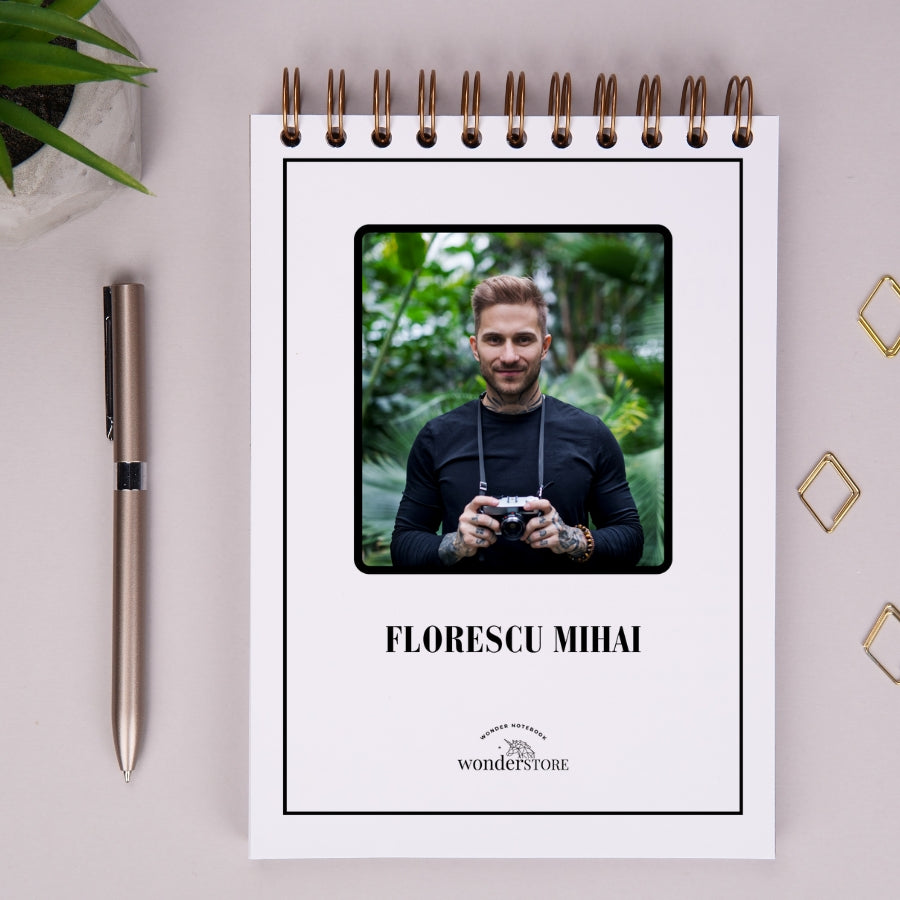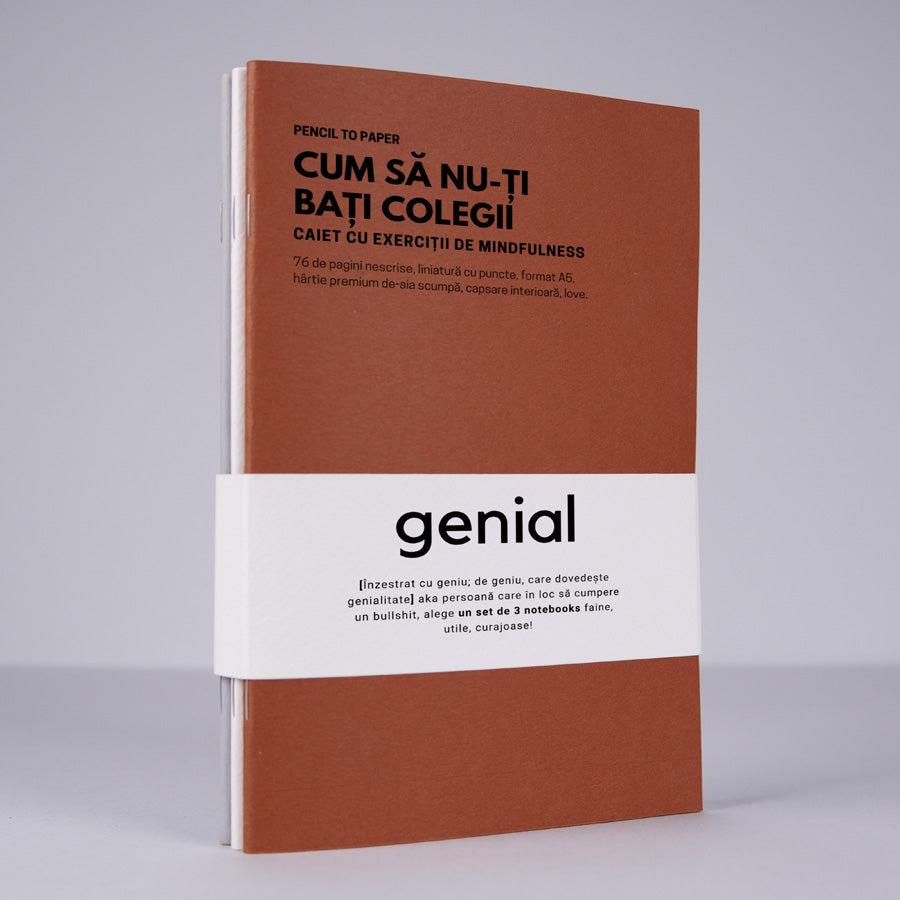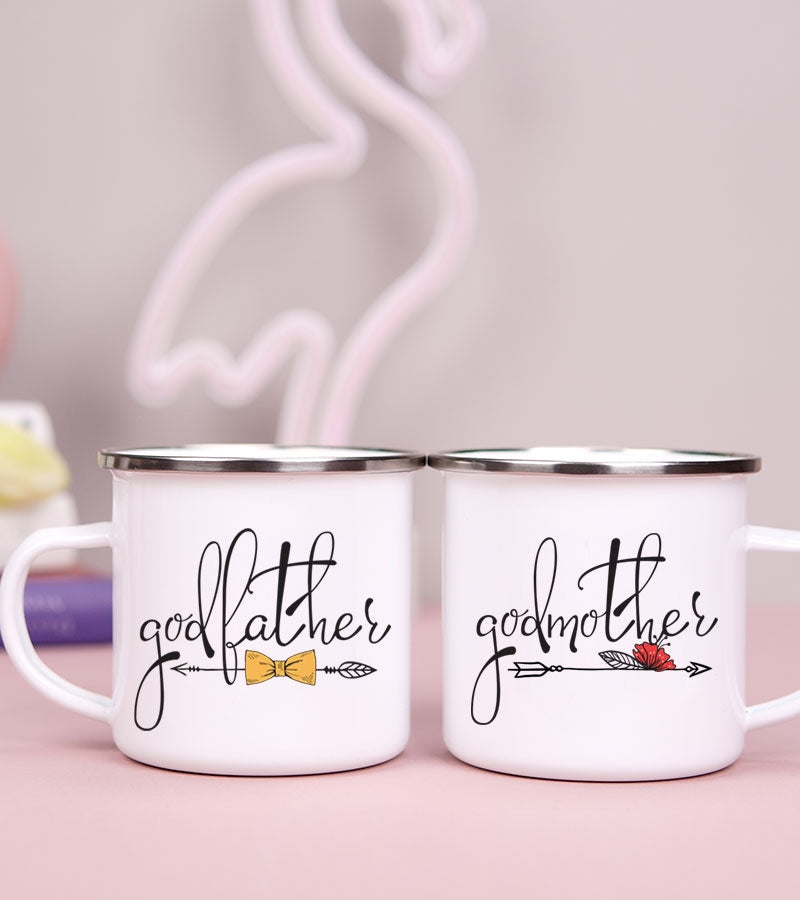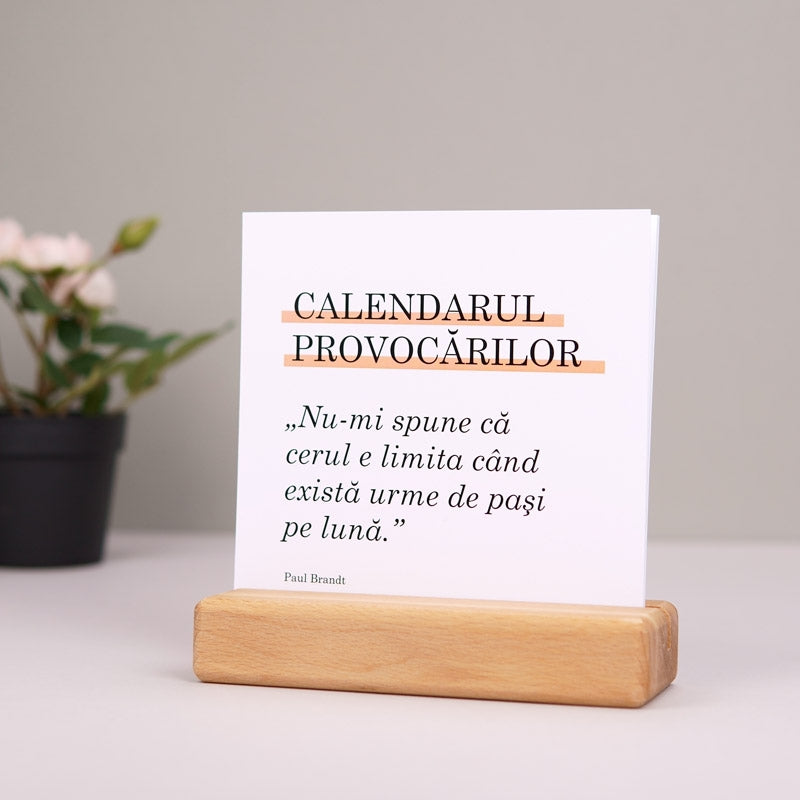For gifts, the intention matters
Gift-giving is a universal human practice that plays an important role in social life. Beyond the material value of the gift itself, the act of giving conveys an emotional and social message between people. The phrase "the intention matters" suggests that the value of a gift is not primarily determined by its cost or tangibility, but rather by the thought and feeling behind it.
Understanding the phrase "intention matters"
The phrase "it's the intention that counts" is a popular concept related to gift-giving and the value of gifts. This saying suggests that when someone receives a gift, they should not focus so much on the value of the gift itself, but rather on the thought and intention behind it.
While some people might assume that the saying "it's the intention that counts" was invented to provide excuses for bad gifts, it actually conveys an important message about the nature of giving.
Studies suggest that when people receive gifts, they focus on interpreting the meaning behind the gift. What the gift conveys about their relationship with the giver is more important than the actual value of the object.

History of the expression
While it's not clear exactly when the saying originated, the idea behind "it's the intention that counts" is an old one. The Greek Stoic philosopher Seneca the Younger wrote in the 1st century AD: "There is no pleasure in having something without sharing it with someone." The pleasure lies not in the possession itself, but rather in the act of giving.
In his 1873 book, *Literature and Dogma*, the English critic Matthew Arnold wrote: "Intention, not result, is the measure of moral dignity."
In 1910, American writer Kate Douglas Wiggin wrote in the book *Rebecca of Sunnybrook Farm*: "For me, it has always been the intention that counts - not how expensive the gift is, but the thought behind it."
Why does intention matter?
Gift giving is an important part of social interaction. It is a way to build, strengthen, and nurture relationships with people. Gift giving can convey many different messages, including affection, love, friendship, appreciation, gratitude, sympathy, and romance. It is also a way for people to commemorate an important occasion or relationship.
When you give a gift, you express your trust in your feelings and relationship with the other person. The gift serves as a symbol of this relationship and your feelings.
When you give someone a gift, you hope to evoke positive feelings in the other person - to make them happy, to pleasantly surprise them, to make them feel loved or cared for. When someone receives a gift, their reaction - a smile, a hug, or a simple "thank you" - provides reinforcement to the giver. They know that their intention was received and appreciated.
What happens when intention doesn't seem to matter?
What happens when you give someone a gift and it's not well received? For example, maybe you gave someone something you thought they would like, but their reaction was less than enthusiastic. You may feel offended, disappointed, or hurt. You may think, "Doesn't he understand that the intention matters?"
In these situations, it's important to remember that while intention matters, it's not the only thing that matters. The following factors also play a role in how a gift is received:
- The recipient's taste: What you find attractive or useful may not be to the taste of others. A gift may be well-intentioned, but still not correspond to the individual tastes of the recipient.
- Practical value of the gift: Sometimes people prefer gifts that have a practical utility in their lives. While a novelty gift may seem fun to you, it may not be considered as valuable or desirable by the recipient.
- What the recipient wants: You might give a gift that you think someone will like, but that gift may not be what they really want. While a surprise gift can be fun, it may sometimes be better to ask what someone wants, especially if you want to make sure your gift will be appreciated.
- How the gift is given: Even the best intentions can be lost in translation if the gift is given in the wrong way. The way you give a gift - your timing, your words, and your demeanor - can influence how it is received.
In one study, researchers found that people who give gifts focus on the desire to surprise the recipients and give them something "wow." On the other hand, recipients are more concerned with the practicality and usefulness of the gift.
This suggests that givers and recipients often have different perspectives when it comes to gifts. While givers focus on wanting to give a "perfect" and memorable gift, recipients are more concerned with the usefulness and value of the gift.

How to make sure your intention matters
So, how can you ensure that your intention comes true and that your gift is well received? Here are some tips to keep in mind:
- Consider the recipient. Before buying a gift, think about the person you are giving the gift to. What does he or she like? What are his or her interests, hobbies, and values? What would he or she appreciate? By thinking about the recipient, you can choose a gift that is more likely to be well received.
- Don't focus too much on surprises. Surprises can be fun, but they can also be risky. If you're not sure what someone would like, it may be better to just ask them.
- Ask what they want. There's nothing wrong with asking someone what they want. While it may not be as romantic as a surprise gift, it ensures that you're giving them something they really want.
- Consider experiences, not just things. Gifts don't always have to be objects. Sometimes the most meaningful gifts are experiences. Consider giving a gift that is an experience, such as concert tickets, a gift certificate to a spa, or a cooking class.
- Give the gift with sincerity. The way you give the gift is as important as the gift itself. When you give the gift, do so with sincerity and enthusiasm. Make eye contact, smile, and say something sincere about why you chose that gift for him or her.
The last word
The phrase "intention matters" speaks to the idea that the true value of a gift lies in the thought and feeling behind it, not just the object itself. While a thoughtful and heartfelt gift is often appreciated, your communication can sometimes get lost in translation. By considering the recipient's preferences, giving gifts sincerely, and keeping in mind that the best gift is often the intention behind it, you can ensure that your gifts are well-received.











































































